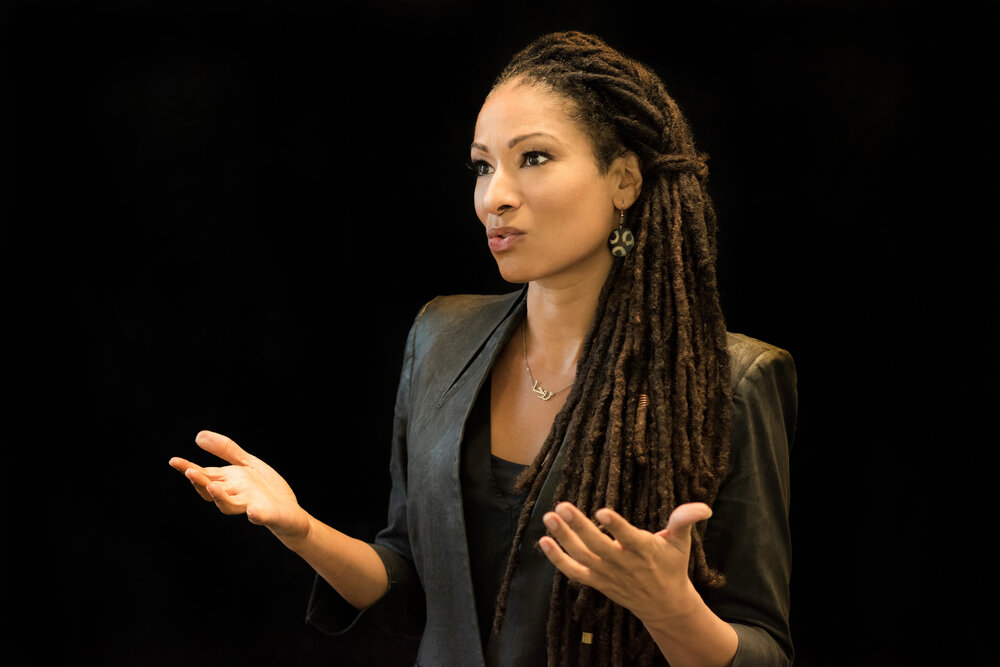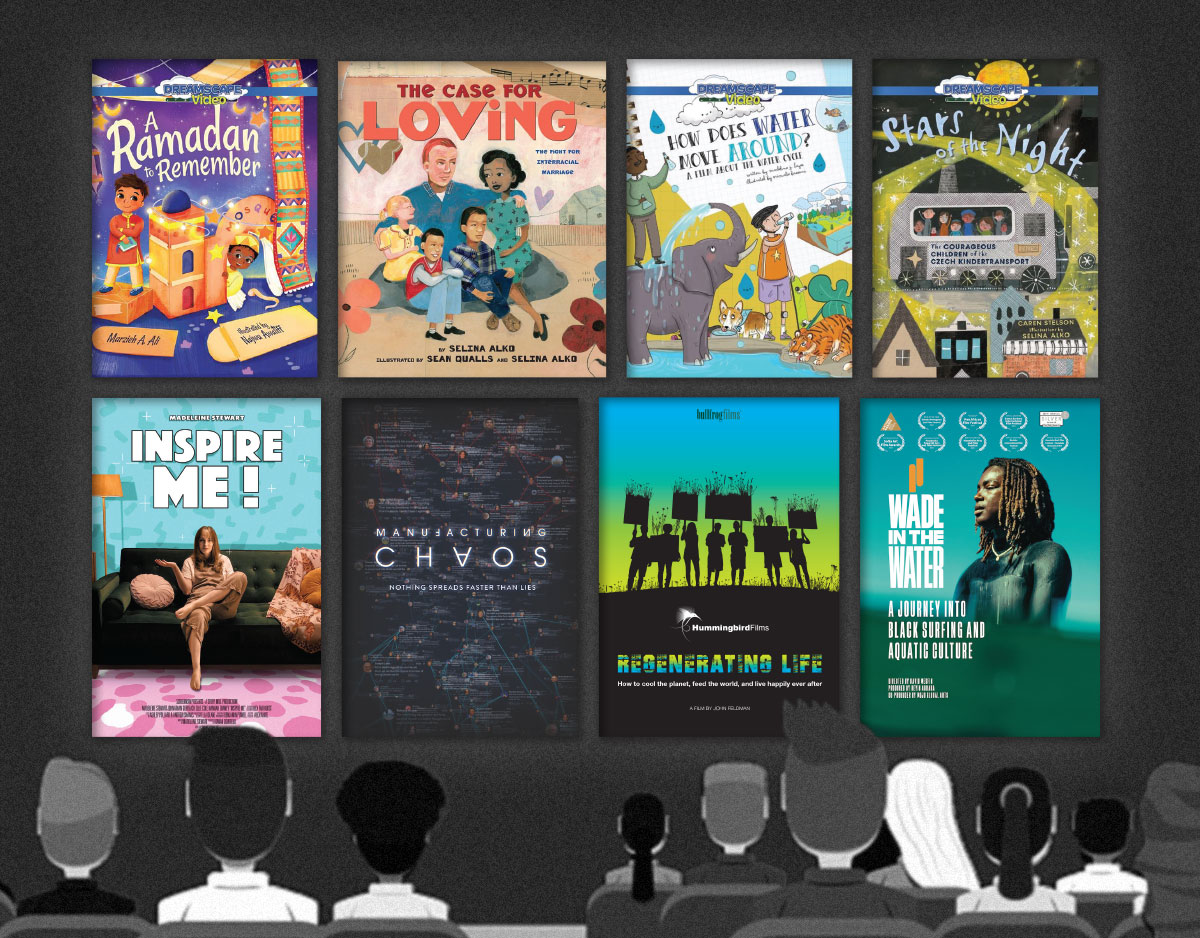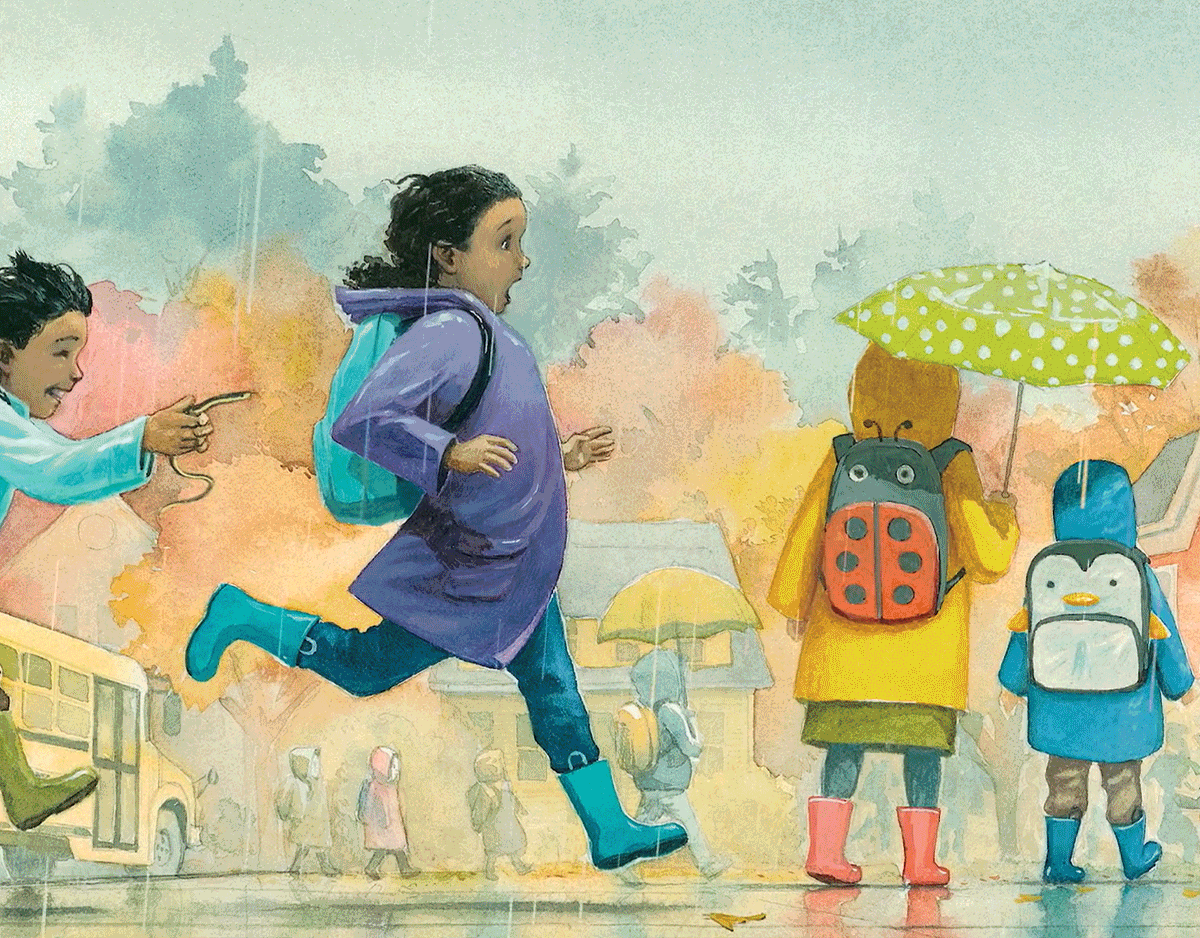Practicing Care
I’ve been listening to Ruha Benjamin’s Viral Justice How We Grow the World We Want (Princeton University Press, 2022). In the book, she addresses pay inequity on college campuses, traumas caused by police practices, limitations in our healthcare system, and so much more. Benjamin concludes each section with the sentiment that “we can’t change these social structures without changing its culture, and we can’t change culture without changing ourselves.” (p.58) She found that what hurts one of us hurts all of us, so she writes to provide attainable actions that individuals can to change the world. These changes remind me so much of what self-care is all about. Self-care, you ask? Read on!
Why do so many librarians feel unappreciated, burned out, and demoralized? For many of you, like me, being an anti-racist librarian means more than giving a teen a book or adding marginalized authors to my shelf. It can mean being a lone voice, an unappreciated person out here doing my best in a place that isn’t at its best. On a larger scale, librarians are a cornerstone of democracy, a system that can only survive when people have mastered literacy, critical thinking, and reasoning. Democracy can only flourish when people are competent in compassion, inclusion, equity, charity, liberty, hope, and love.
ADVERTISEMENT
ADVERTISEMENT
Dr. Ruha Benjamin, a sociologist and professor in the Department of African American Studies at Princeton University, begins her book discussing weathering, a term Arline Geronimus developed in 1992 to describe the public health concept of how we embody stressors and oppressors from the broader environment and how this negatively affects our overall physical health. (p 7-8) Weathering in science is caused by friction, which occurs when something rubs against an opposing force. This friction wears us down physically because it frays the telomeres on the ends of our DNA and advances our aging.

So much is changing. Democracy is being challenged in ways that trickle down to most of us. There’s more friction between people, as evidenced by more talking and less listening. There’s more and faster change. We’re caught not between the inevitability of what was and what will be but between those clinging to the past and those pushing forward. Some think there’s only so much power, privilege, and prestige, and they want to keep it while others are continuing to disrupt these old notions.
A balm in this evolving space is termed and marketed as self-care or wellness. With forward motion disrupting our workspace and other institutions, we realize the need to maintain self-care. Black Panthers in the 1960s, white feminist leaders in the 1970s, and Black women leaders during COVID used self-care as a concept to address community-based programming. ‘Self’ was the community because it was realized that what hurt one of us could hurt all of us.
Friction is real for librarians who are challenged while doing the most normal of library things: providing patrons with the right to read. We may start making a very real decision: do we stay and fight for change or do we leave with hopes of greener grass elsewhere? I mean, some of that friction we experience may be because we are not doing what we need to be doing exactly where we should be doing it. Maybe this work or this place just isn’t where we’re meant to find joy. Or maybe it is. Maybe we are meant to lead the fight for the right to read. Maybe we just need to learn to lean into our community to make the changes, because our fight is their fight.

Well-being is a verb. It’s what we do to change systems, and that’s what Benjamin leads us to do in Viral Justice. She reminds us we can, as individuals, make a difference. I remind you that products or services may make us feel good in the moment, but they don’t alleviate the sources of our weathering. Maybe candles help us because they allows us to be compassionate with ourselves. But we shouldn’t lose sight of our values or our power.
I live in a country that tells me, a Black woman, that my time isn’t my own. I’m supposed to be that strong woman who nurtures my family and community. As librarians, many of us feel that same pressure: that we should never have to say ‘no’ or ‘I don’t know’ to a patron. I can try to tend to my wellness by burning a nice candle. The lavender aroma may make me feel good for a while, but it doesn’t do anything about what made me need the candle in the first place. I can repair some of the damage by working to set boundaries to take back my time and energy.
Tomorrow, I’ll share some habits and practices that move self-care beyond performance. But let me end by saying there is a level of wellness I’ve not addressed here: caring for the deep-seated needs of mental or emotional health. There are situations that exist outside the oppressions I’m talking about here. If you know you need help, if you think you might need help, please seek out a professional. I pray you have an agency, HR department, or even a friend or family member who can help you find someone you can trust. Self-care is a real and necessary thing, and it’s not the same for everyone.
Filed under: Uncategorized
About Edith Campbell
Edith Campbell is Librarian in the Cunningham Memorial Library at Indiana State University. She is a member of WeAreKidlit Collective, and Black Cotton Reviewers. Edith has served on selection committees for the YALSA Printz Award, ALSC Sibert Informational Text Award, ALAN Walden Book Award, the Walter Award, ALSC Legacy Award, and ALAN Nielsen Donelson Award. She is currently a member of ALA, BCALA, NCTE NCTE/ALAN, REFORMA, YALSA and ALSC. Edith has blogged to promote literacy and social justice in young adult literature at Cotton Quilt Edi since 2006. She is a mother, grandmother, gardener and quilter.
ADVERTISEMENT
ADVERTISEMENT
SLJ Blog Network
The Shockingly Good Children’s Poetry of 2025
Magda, Intergalactic Chef: The Big Tournament | Exclusive Preview
Fifteen early Mock Newbery 2026 Contenders
When Book Bans are a Form of Discrimination, What is the Path to Justice?
ADVERTISEMENT






